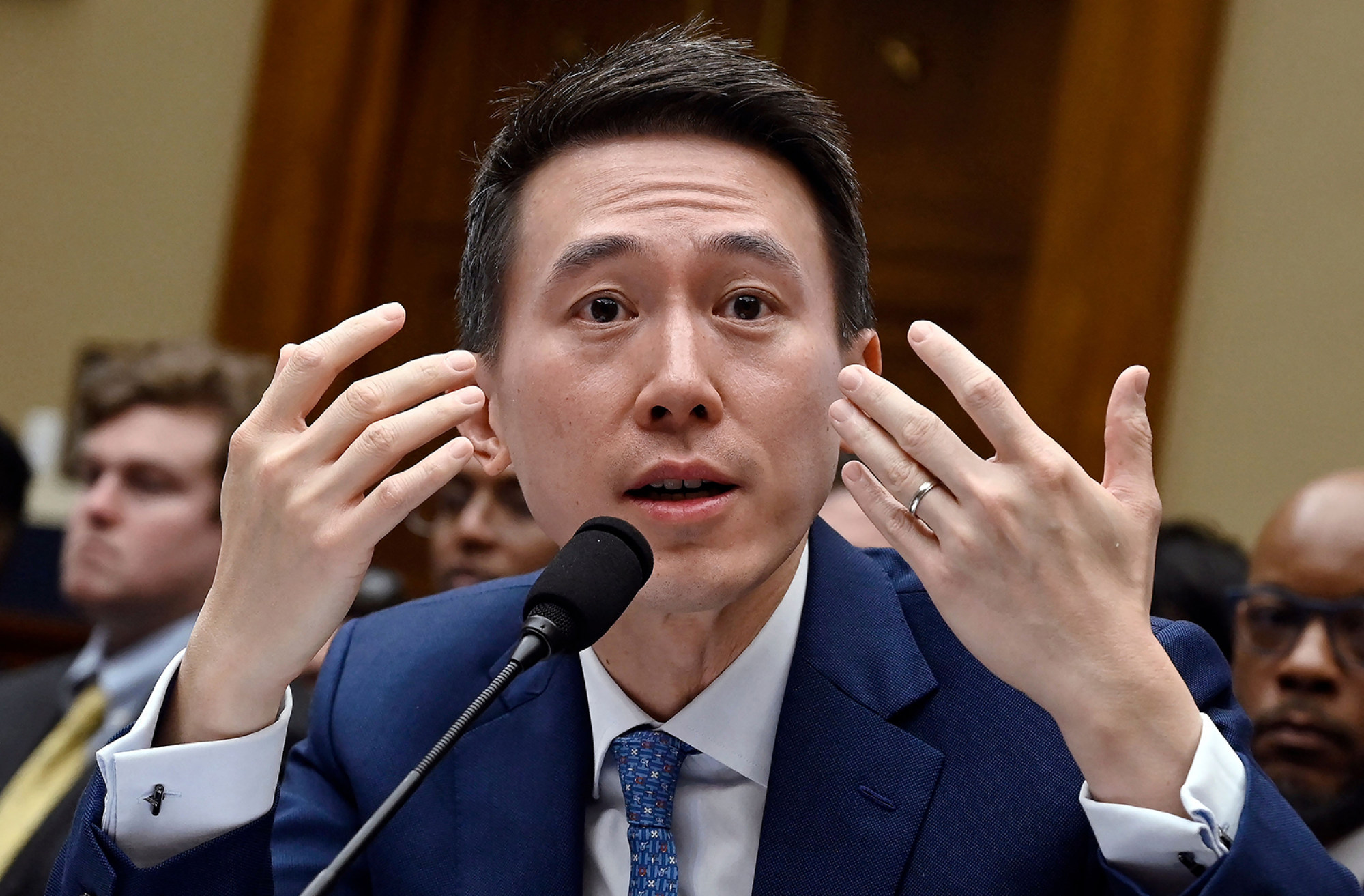The department is preparing to file a consumer protection lawsuit against TikTok later this year on behalf of the US Federal Trade Commission, which investigated the case, according to the people, who asked not to be identified discussing inter-agency communications.
The FTC gave the Justice Department a referral with two parts. The Justice Department plans to drop one part of the complaint alleging that TikTok deceived US consumers by failing to inform them that Beijing-based employees of its parent company, ByteDance, would have access to their personal and financial information, the people said. The DOJ plans to proceed with allegations the company violated the Children’s Online Privacy Protection Act, which bars collecting data about children under the age of 13.

The department declined to comment on the decision to drop the allegations that TikTok misled consumers about data privacy. The FTC declined to comment on the DOJ’s decision.
When the Justice Department represents another agency in court, it has the authority to determine the best litigation strategy to ensure there are no conflicts with national security concerns or other cases.
“Consistent with our normal approach, the Justice Department consulted with FTC in advance of this referral and will continue to do so as we consider the claims,” spokesman Terrence Clark said. “As always, the department will be guided by the facts and the law as well as our responsibility to protect the American people.”
When the FTC seeks monetary penalties – such as when a firm violates a settlement agreement – it must refer the matter to the Justice Department for litigation. The same goes for cases the FTC investigates under federal consumer protection laws related to children’s online privacy.
TikTok in 2019 paid US$5.7 million to settle similar FTC allegations that it had illegally collected personal information from children. As part of that, the company agreed to provide annual reports to the agency about its data collection and compliance with the settlement. Those reports helped lead to the current case.
The DOJ’s Consumer Protection Branch has 45 days from when the FTC makes a referral to decide whether it wishes to litigate or send the case back to the FTC. The Justice Department almost always opts to take charge of the case as it can retain as much as 3 per cent of the civil penalties it collects.
Earlier this year, the FTC asked Congress to amend the law and allow it to litigate its own cases, saying the process for referring cases to the Justice Department is “badly broken”.

